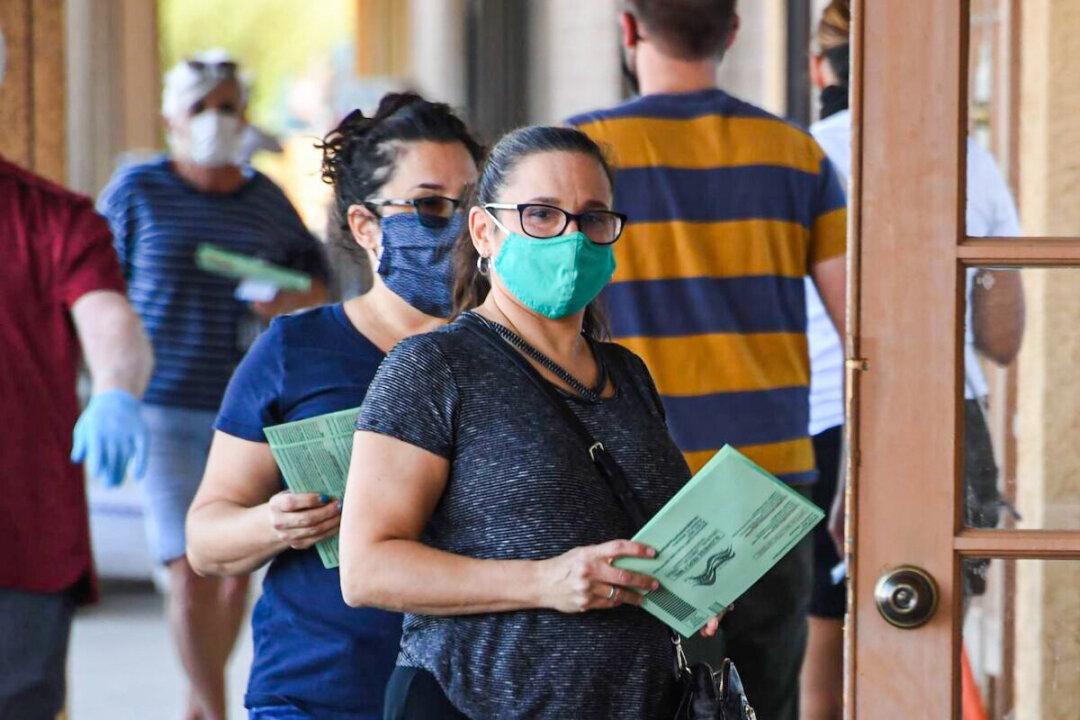A judge has ruled that Arizona’s legislature is within its constitutional rights to allow “no-excuse” mail-in ballots, denying the state GOP’s legal challenge ahead of the 2022 midterm elections.
Mojave County Superior Court Judge Lee Jantzen ruled against the Arizona GOP and its chair, Dr. Kelli Ward, in support of a 1991 law that permits no-excuse mail-in ballots.





